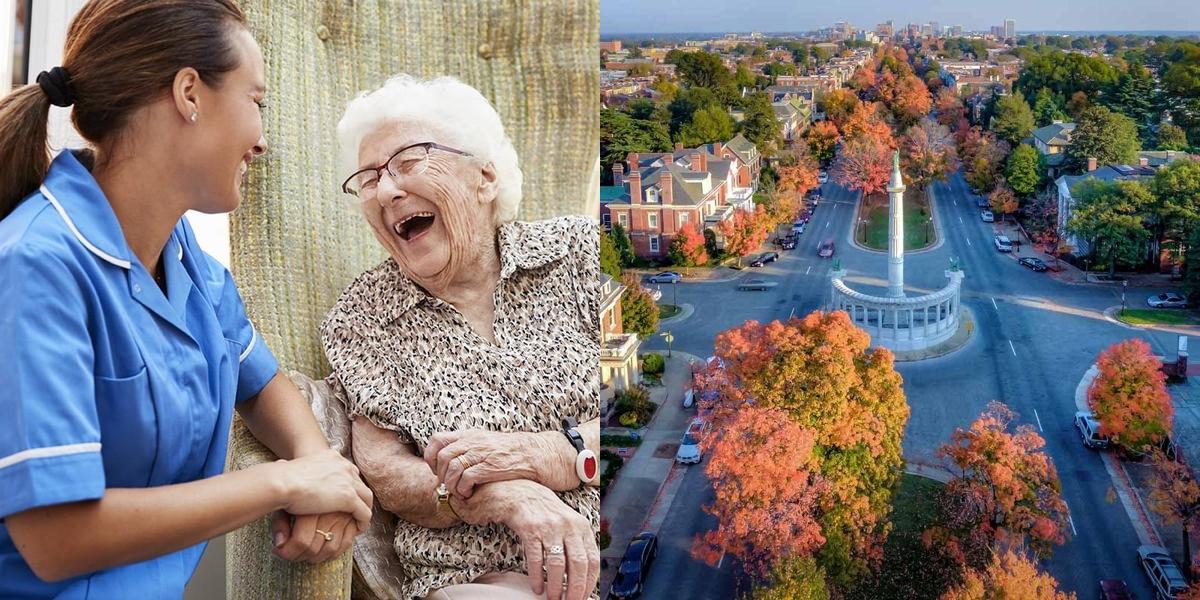How to Become a Caregiver in Virginia

What is a Caregiver?
Caregivers are individuals who provide assistance and support to individuals who are unable to fully care for themselves due to age, illness, disability, or other special needs. Their responsibilities include, but are not limited to, helping with daily activities, providing emotional support, administering medication, and ensuring the overall well-being of their clients.
How do I get a job as a Caregiver?
To find a job as a Caregiver in Virginia, you can search for openings through job boards, healthcare agencies, or by directly contacting nursing homes, assisted living facilities, or private individuals in need of a Caregiver. You may also want to consider networking with healthcare professionals or joining professional organizations to learn about job opportunities.
Career Paths and Opportunities after Becoming a Caregiver
After becoming a Caregiver, you may have the opportunity to specialize in certain areas, such as working with the elderly, individuals with disabilities, or those with specific medical conditions. You may also choose to pursue additional training or education to become a licensed practical nurse (LPN) or a registered nurse (RN). Alternatively, you could explore management or supervisory roles within the healthcare industry.
Final Thoughts
Becoming a Caregiver in Virginia can be a rewarding and meaningful career path. By understanding the responsibilities, requirements, and job opportunities, you can take the necessary steps to start your journey as a Caregiver and make a positive impact on the lives of those you serve.
Looking for a better fit? These other articles could be more in line with your expectations if this one isn't precisely what you had in mind:

Athena is Co-founder and CEO of Dreambound.



